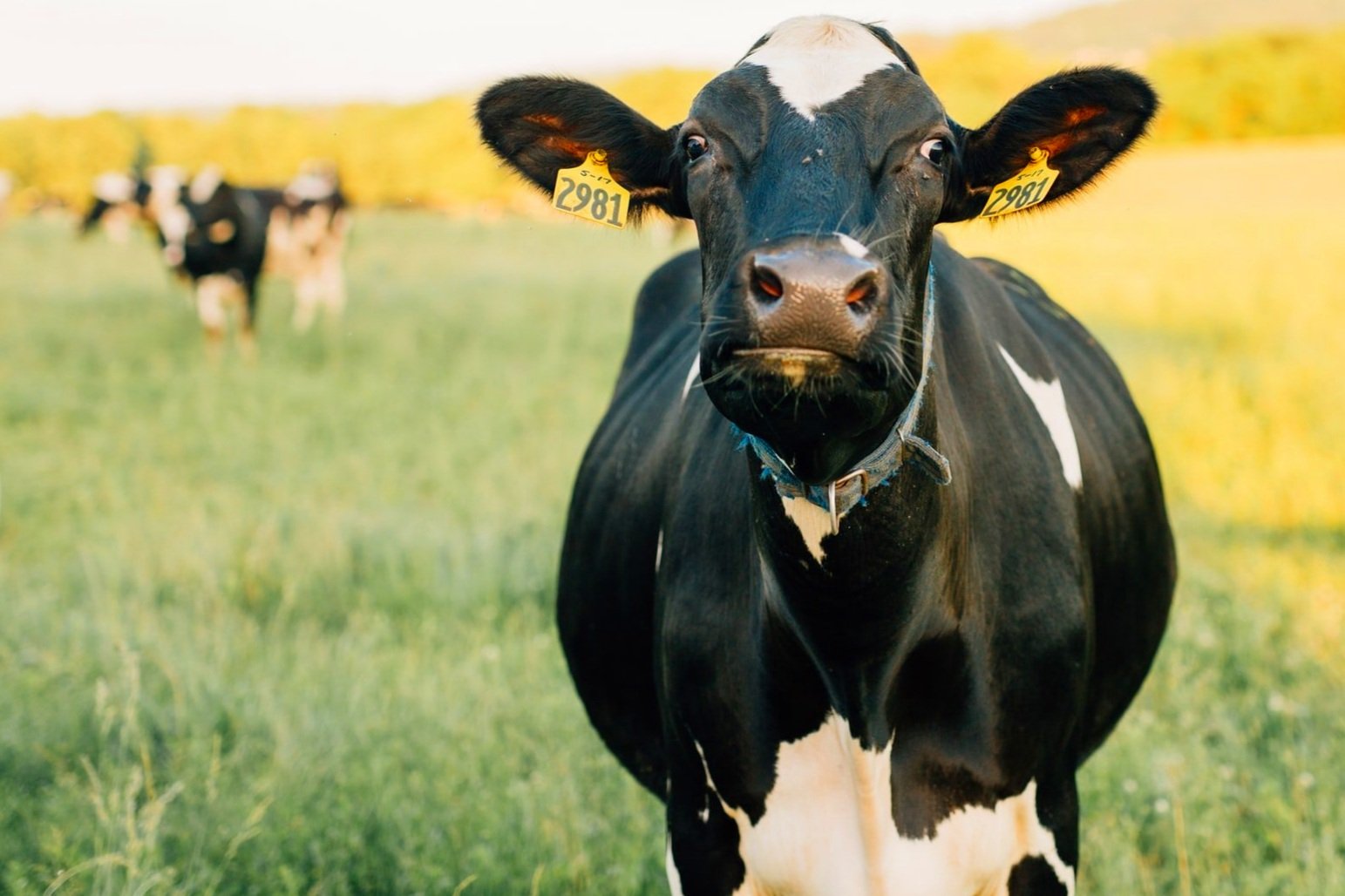A Troubling Topic
By Rondi Lightmark
Published in the Vashon Beachcomber February 24, 2022
There is no escaping the fact that humans are born takers.
With that in mind, how can we manage the debt we owe to the web of life? Perhaps it is this simple: If we take, we must give back to restore the balance. Or even better, if we take, we give thanks — plus give back.
When it comes to our diet, we have many choices. We can choose a plant-based diet, or we can choose to consume animals. In either case, we can choose between nourishment that creates more life versus that which does not. As we make that choice, we can consider these facts:
Industrial agriculture is the chemical manipulation of soils, plants, and animals to increase productivity. It does not sustain Nature as a whole, biological system. Thus, industrially raised animals become sick, requiring drugs to stop nature’s attempt to kill an unhealthy organism. Toxic chemicals and genetic manipulation of plants also manage the rebellion of nature against “UnNature.” Soils become depleted and crops no longer contain the levels of nutrition they provided decades ago.
Primatologist Jane Goodall, well known as a committed vegetarian, makes a surprising statement during her current Master Class on conservation. “Of course, if you have animals on a farm,” she said, “that’s a very different thing. If you have to hunt animals for food, that’s very different.” She is making a comparison with industrial animal agriculture.
The Audubon Society is now putting its seal of approval on grass-fed beef in supermarkets in nine states, including Colorado, Wyoming, Nevada, and Montana, with the slogan “No cows, no grass, no birds.” Goodall, a highly regarded teacher and Audubon, a respected environmental organization, both affirm that there is a place for animals in relationship to humans who care for and eat them.
So then, what about Bill Gates, who has invested heavily in Impossible Foods and agricultural chemicals? He asserts that industrially-raised, plant-based foods are the future.
“I do think that all rich countries should move to 100% synthetic beef,” he said. “Eventually, that green premium is modest enough that you can sort of change the [behavior of] people or use regulation to totally shift the demand.”
British food journalist Tim Hayward wrote in last year’s Financial Times that such visions are suspect: “The holy grail is replacing the meat we consume with a proprietary product.” Thus, he said, “[There is] the PR push, the not-so-gentle steering of the discourse towards part-time veganism as a lifestyle statement, [and] a non-specific promoter of ‘wellbeing’, rather than anything to do with morals, ethics, politics, or animal welfare.”
How to think about this hot button issue? Here’s one way — it is to fully acknowledge that, living at the top of the food chain, humans bear a heavy debt and our choices affect multitudes. The painful truth is that most of us are responsible for the death of some life form on a fairly regular basis: whether slugs in the garden, chemicals for a perfect lawn, errant squirrels on the road, rodents in the eaves, plus the deaths of entire ecosystems with land clearing, tree-felling, soil cultivating and especially the sacrificing of birds, beasts and marine life to feed ourselves.
Even a barefoot monk eating one bowl of rice a day, and who takes care to not squash a mosquito, bears some responsibility for the ecological cost of that food—because rice growing is a heavy methane emitter.
Regenerative agriculture is about keeping animals in their natural environment, with gratitude and respect as they help build biodiversity and the life of the soil. Cycles of growth and decay, with all the attendant microorganisms and life forms (like bugs and earthworms and the birds that eat them), allow soil to recover and thrive. Living soil creates healthy plants and animals, creating healthy humans, in harmony with nature.
Chickasaw poet/novelist Linda Hogan challenges us to choose and to remember: “Caretaking is the utmost spiritual and physical responsibility of our time, and perhaps that stewardship is finally our place in the web of life, our work, the solution to the mystery that we are.”
Rondi Lightmark is the founder of The Whole Vashon Project. Visit the organization’s website at wholevashonproject.com.
Read more about dietary choices: Here’s a reading list of sources mentioned in Rondi Lightmark’s commentary
Soil depletion and nutrition loss: bit.ly/3gXaXAc
Jane Goodall’s MasterClass: bit.ly/3uZ5hxO
National Audubon Society: bit.ly/36pd1iD
Bill Gates: bit.ly/3BJaQlH
Tim Radford/Financial Times: tinyurl.com/4zns43be
Rice-growing and Methane: bit.ly/3I5lvJB
Regenerative Agriculture: KisstheGround.com
Dwellings: A spiritual history of the living world, by Linda Hogan: tinyurl.com/jjsbeebc


